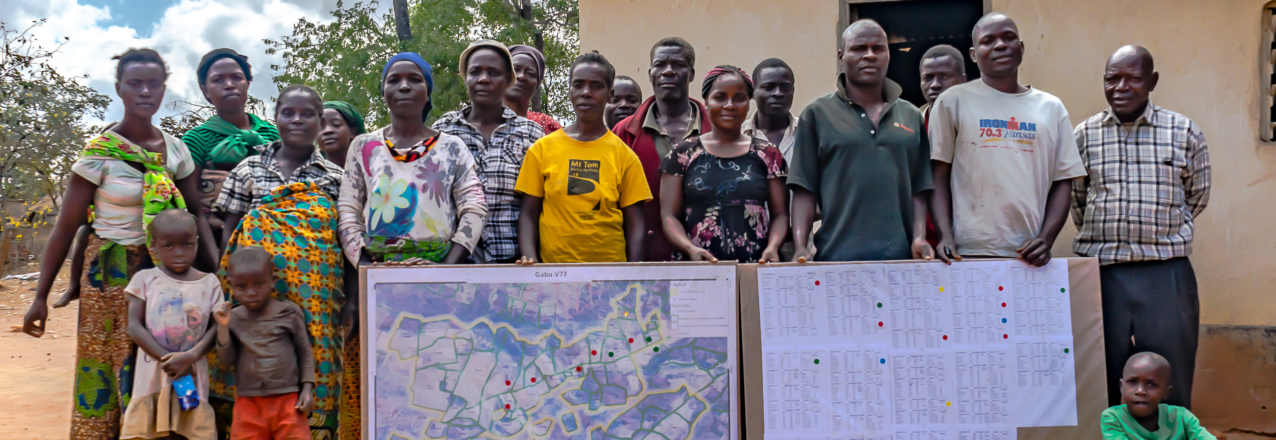The majority of land in developing countries is not documented, impacting the ability of millions of households to make long-term investments in their property. Countries where property rights are perceived as insecure are also less attractive for investors and more reliant on donor funding. USAID recognizes that strengthening rights to land and natural resources is central to achieving a broad range of development goals on the journey to self-reliance. Through the Integrated Land and Resource Governance (ILRG) program, USAID provides both short and long term assistance across a range of land and property rights issues including natural resource management, inclusive economic growth, agricultural productivity, and women’s economic empowerment.
Learn more about USAID’s ILRG program in Zambia in the series of short videos below:
Partnerships Women’s Empowerment
“The support that has come from USAID is very critical because it helps COMACO [Community Markets for Conservation] to drive these programs to the communities.”
“I can plant anything I want to put on my land. I am free because I am confident it is really mine.”
Land and Agriculture Tradition and Tenure


